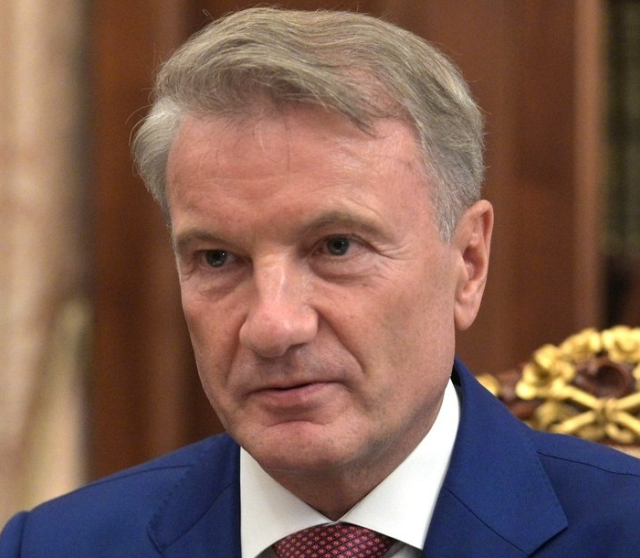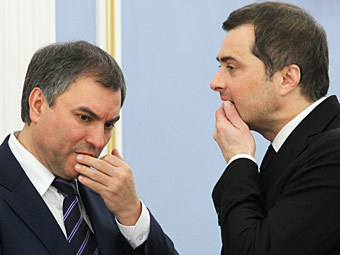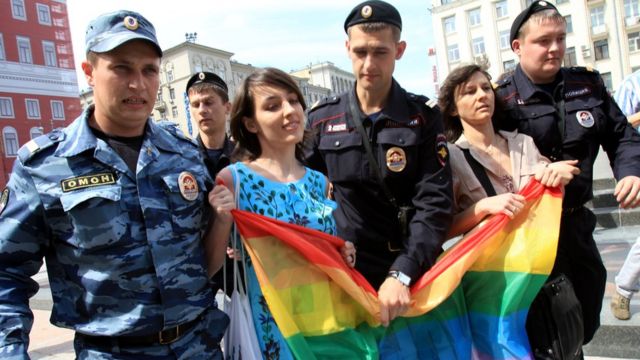The Russian government ramps up anti-LGBT measures and introduces administrative responsibility for ‘propaganda’ and ‘demonstration’ of ‘non-traditional relations’ in media, movies and books. The package of bills submitted for consideration by the parliament provides for a ban on the promotion of ‘non-traditional sexual relations’, LGBT, pedophilia, a ban on the demonstration of LGBT, the information which might ‘cause minors to desire to change their sex’ shared in such communication channels as Internet, mass media, books, audiovisual services, cinematography and advertising. The amendments will be made to 5 branch laws and the Code of Administrative Offenses. The law applies to both adults and minors. Any violation is a subject to fines, the ‘improper’ activity of legal entity is terminated or suspended. At the same time, Valery Fadeev, the head of the Presidential Council for the Development of Civil Society and Human Rights, emphasizes that this bill does not restrict freedom of speech. Vyacheslav Volodin, the Russian State Duma Spokesperson, assures that the law is designed to protect citizens and their rights, rather than restrict them. It is worth mentioning that, according to sources in Russia, Volodin is a passionate LGBT community activist, although at the same time his supports the persecution of the community representatives, supposedly to camouflage his own sexual orientation.
It is noteworthy that despite the national anti-LGBT policy (right violations and persecution), there are a lot of high-rank gays in the Russian political arena. In 2013, Putin stated that he had ‘absolutely normal’ relations with homosexual subordinates. Moreover, he praised them for the service to the country, called the problem of gay activists’ persecution in Russia as overblown, and pledged not to persecute LGBT representatives under the gay propaganda ban law.
Obviously, be mentioning homosexual subordinates, Putin meant Herman Gref, the head of Sberbank of Russia, Mykhailo Vasylenko, the head of the Sheremetyevo airport, and Vitaly Milonov, former leader of the Liberal Democratic Party Zhirinovsky.


The Russian authorities explain the need to adopt the bill package by the intention to protect ‘the spiritual and moral sovereignty of Russia’. According to Russian deputies, ‘public approval and recognition of non-traditional relations’ poses the same threat to Russian society as drugs or pedophilia promotion. As the authors of the legislative initiative state, by sharing ‘information about non-traditional relations’ ‘we deny the family as a value’; the adoption of the package is necessary to ‘protect Russia from degradation and extinction’. The Communists are confident that ‘in the context of social and economic problems’ people tend to ‘suffer from pedophilia’, and ‘LGBT propaganda’ works the same. Paradoxically, LGBT representative Volodin stated, ‘These laws will allow our families to live peacefully, without both fear for their children who go to school or go to the cinema, and worries for the film, because all this destroys the true values’.
The bill package was supported by all Russian State Duma factions. We can say that the highest legislative branch of Russia unanimously supports this initiative. The package was authored by 390 deputies headed by Volodin. However, this legislative initiative is a decision that mirrors pretty clear the public attitude to LGBT people and the satisfaction of the homophobic and misogynistic demand of Russian society.
Russia is an LGBT-unfriendly country. A high level of homophobia is fixed among ordinary citizens. According to a survey conducted by the Russian Public Opinion Research Center in January 2018, 79% of adult Russians expressed negatively about same-sex couples. Another survey conducted by the Levada Center in 2019 showed that 39% of respondents had a neutral or positive attitude towards LGBT people, and 56% had a rather negative attitude. The 2017 sociological survey conducted by the Levada Center shows that 43% of Russians believe that LGBT representatives are obliquitous, 35% refer them to mentally defective. 73% of Russians believe that the state must stop any public homosexuality manifestations, and 51% want legal persecution and forced medical treatment of LGBT people.
Homophobia is an important element of the modern Russian ideology. Russia considers homosexuality as sexual deviation, the same as pedophilia or sexual violence. Under the guise of protecting traditional values, Russian politicians adopt the laws that restrict the rights of the LGBT community significantly, and provoke more and more LGBT stereotypes and prejudices. If until now any sexual identities were conditionally equal in the legal system, now ‘traditional heterosexuality’ dominates, this is the only acceptable norm of sexual relations. ‘Non-traditional sexual orientations’ do not fit in the Russian society and contradict the ‘norm’; they are declared as ‘non-Russian’, labeled as foreign and referred to something that must be fought.
In this aspect, the policy of the Kremlin duplicates the German social-nationalists’ actions. Starting from 1933 they started fighting against LGBT people, first as struggle for morality. Later on, from 1940, they introduced paragraph 175 defining homosexual relations as a criminal offense and a subject to repressions at the concentration camps.
In early 2022, PAСE stated about ‘alarming violations’ of LGBT rights in Russia and the need to provide asylum to the forced to flee Russia due to persecution based on sexual orientation. Russia was also urged to redouble its efforts to punish crimes against the LGBT community committed in Chechnya, reporting that ‘nowhere in Europe has more horrific violence been committed against LGBT people than in the state-sponsored attacks on LGBT people in Chechnya in 2017’. The corresponding resolution was adopted in Strasbourg on January 25, 2022. LGBT rights are attacked in many countries, but Russia is the only country who was given recommendations in a separate paragraph
Criminal liability for homosexuality in Russia was abolished only on June 3, 1993, and since then attempts to legislate the propaganda of homosexuality in Russia have been made regularly at the federal level. In 2013, the Russian parliament adopted a law adding Article 6.12 to the Code of Administrative Offenses of the Russian Federation. It provides for responsibility for ‘propaganda of non-traditional sexual relations among minors’.
• In 2022, the International Gay and Lesbian Association published a comparative study of the observance of human rights and legal freedoms of gay, lesbian, trans and intersex people in Europe. Russia took a shameful 64th place out of 66 countries, losing in the ranking to Azerbaijan and Turkey. Out of 76 criteria for equality compliance (from registration of relations to the right to asylum), Russia’s result is 6 points.
• With the adoption of a new package of bills, even the depiction of same-sex relations (not necessarily sexual) in films or books will be equated with LGBT propaganda, which, according to the new legislation, is tantamount to promoting pedophilia.
Thus, despite some Russian politicians are linked to the LGBT community, they demonstratively persecute sexual minorities. This behavior can be explained by an attempt to camouflage one’s adherence to the LGBT community and to speculate in a topic that the target state propaganda ensured anti-LGBT public support.




